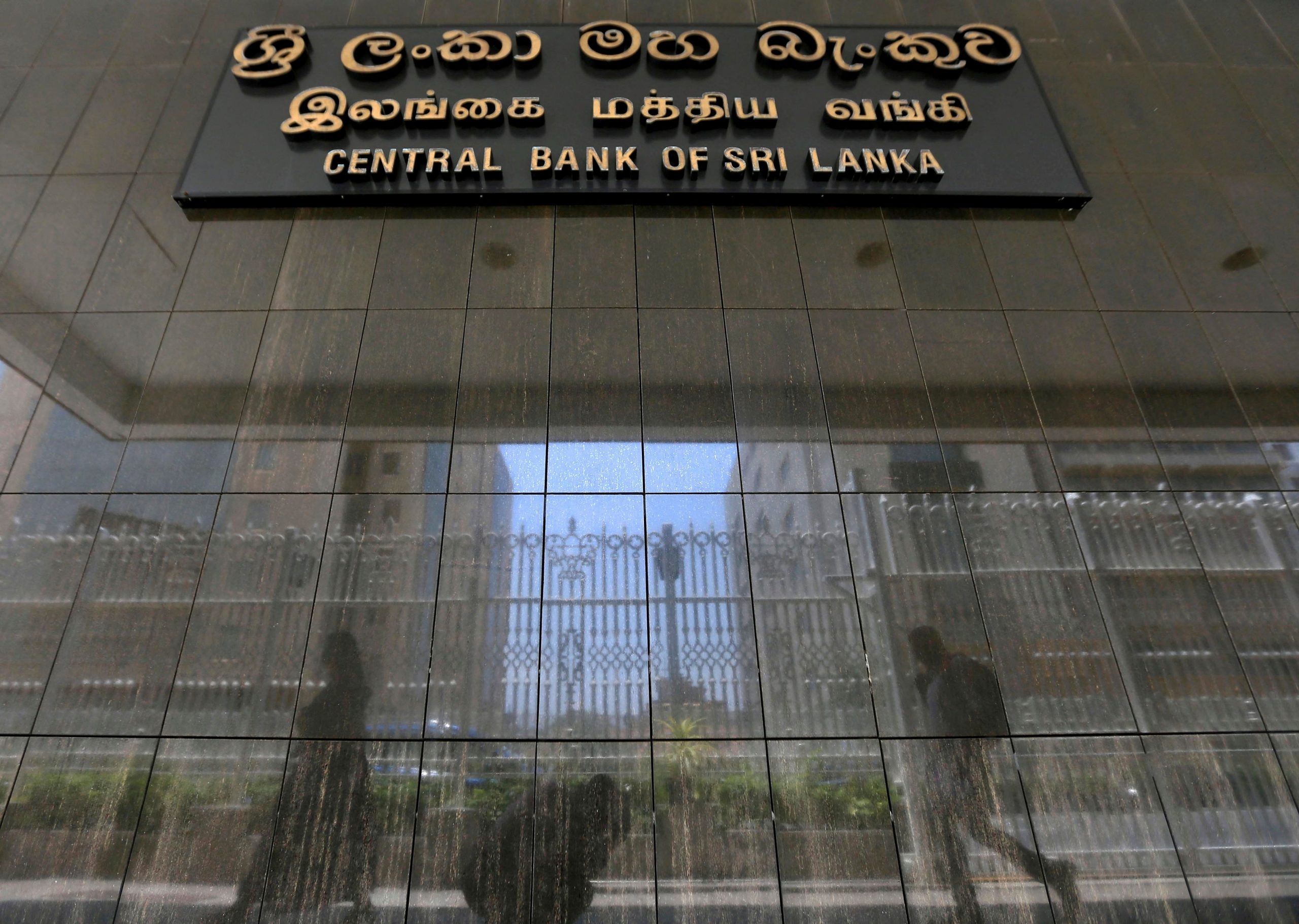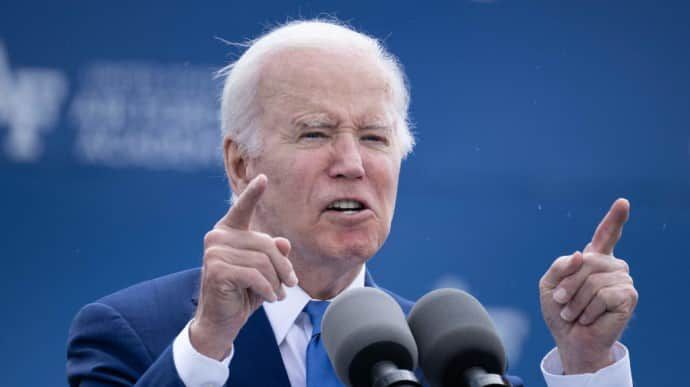The recent detention of ex-Prime Minister of Pakistan and famed cricketer, Imran Khan, has led to an upswing in political turbulence across the country. The National Accountability Bureau (NAB), which commanded the paramilitary to apprehend Khan, has triggered confrontations between Khan’s followers and law enforcement agencies. The bureau is seeking a two-week custody for Khan, a request that could potentially be shortened. This development has amplified the stress in the country, especially considering the precarious state of the economy. If no International Monetary Fund (IMF) rescue package is provided, Pakistan risks defaulting on its financial obligations, as cautioned by Moody’s.
The political party Khan leads, Pakistan Tehreek-e-Insaf (PTI), has been rallying supporters for demonstrations until Khan’s release, resulting in widespread violence. Additionally, PTI alleges that a number of its top officials have been detained, and Khan’s legal representation has been unlawfully denied access to him. Major international actors, such as the US and UK, have been urging Pakistani authorities to uphold the rule of law. Meanwhile, due to the ongoing protests, mobile broadband services across Pakistan have been discontinued.
Khan, facing accusations of corruption and terrorism, fervently dismisses these as politically driven. The Islamabad High Court has, however, deemed his arrest lawful, a ruling Khan’s legal team plans to contest. The prevailing uncertainty and possible escalation of violence, combined with economic instability, make the situation in Pakistan a matter of global concern. The international community is closely watching how this crisis will evolve and what steps will be taken to prevent further chaos and economic decline.

This tumultuous situation is an alarming development for Pakistan, which is already grappling with significant economic challenges. The escalating political discord, sparked by the arrest of a major political figure like Khan, could potentially derail the nation’s progress and exacerbate its existing economic issues. It’s crucial for the national leadership, opposition parties, and law enforcement agencies to come together and find a peaceful resolution to this crisis.
Khan’s arrest and the resultant protests are also a test for the country’s justice system, where Khan’s legal team is fighting for their rightful access to him. The world watches with bated breath, hoping for an adherence to the rule of law and a fair, transparent process. Pakistan’s international allies, particularly the US and UK, have a role to play in encouraging a peaceful resolution, ensuring the rule of law is upheld, and safeguarding the democratic principles Pakistan has strived to uphold.
The suspension of mobile broadband services, meanwhile, could stifle the flow of information and increase tension. It’s imperative for the government to restore these services and ensure citizens’ rights to information and free speech are protected.
In the midst of all these challenges, Pakistan’s economic fragility remains a pressing issue. The warning from Moody’s highlights the urgency for an IMF bailout. The international community, while observing the political upheaval, should also assist in averting a possible economic crisis.
In conclusion, Pakistan’s current political unrest, ignited by Khan’s arrest, coupled with its strained economy, presents a complex and precarious situation. The country’s future depends on how well its leadership, both governmental and opposition, navigate this crisis. Upholding the rule of law, ensuring a fair judicial process, and securing much-needed economic relief remain paramount. The global community’s supportive role in this challenging period will be key in steering Pakistan towards stability.
©traders-news.online










